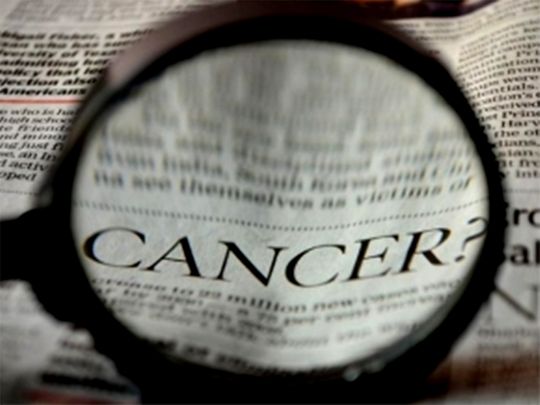
Cancer deaths among middle-aged people dropped to their lowest level in 25 years in the UK, thanks to early detection and improved treatment, a study found.
Mortality rates dropped by 33% in women and 37% in men between 1993 and 2018, the Cancer Research UK charity found in research published Thursday in the British Medical Journal.
The findings are "grounds for optimism," Freddie Bray, who heads the International Agency for Research on Cancer's surveillance branch, wrote in an accompanying BMJ editorial. But more people should be made aware of the impact of their lifestyle choices, he said.
"Effective interventions that increase awareness of modifiable risk factors for cancer "- including, but not limited to, excess body weight and harmful alcohol consumption "- must be urgently prioritized," Bray said.
Cancer is a leading cause of death in many high-income countries, with tobacco, alcohol and obesity as key contributing factors. The UK researchers reviewed trends in 23 cancer types and found that cases are rising overall, increasing 48% in women and 57% in men during the study's 25-year span.
Besides the ebbing deaths in people aged 35 to 69, the scientists pointed to another positive finding: death rates from cervical cancer fell 54%, reflecting cervical screenings as well as the impact of the human papillomavirus, or HPV, vaccine.











